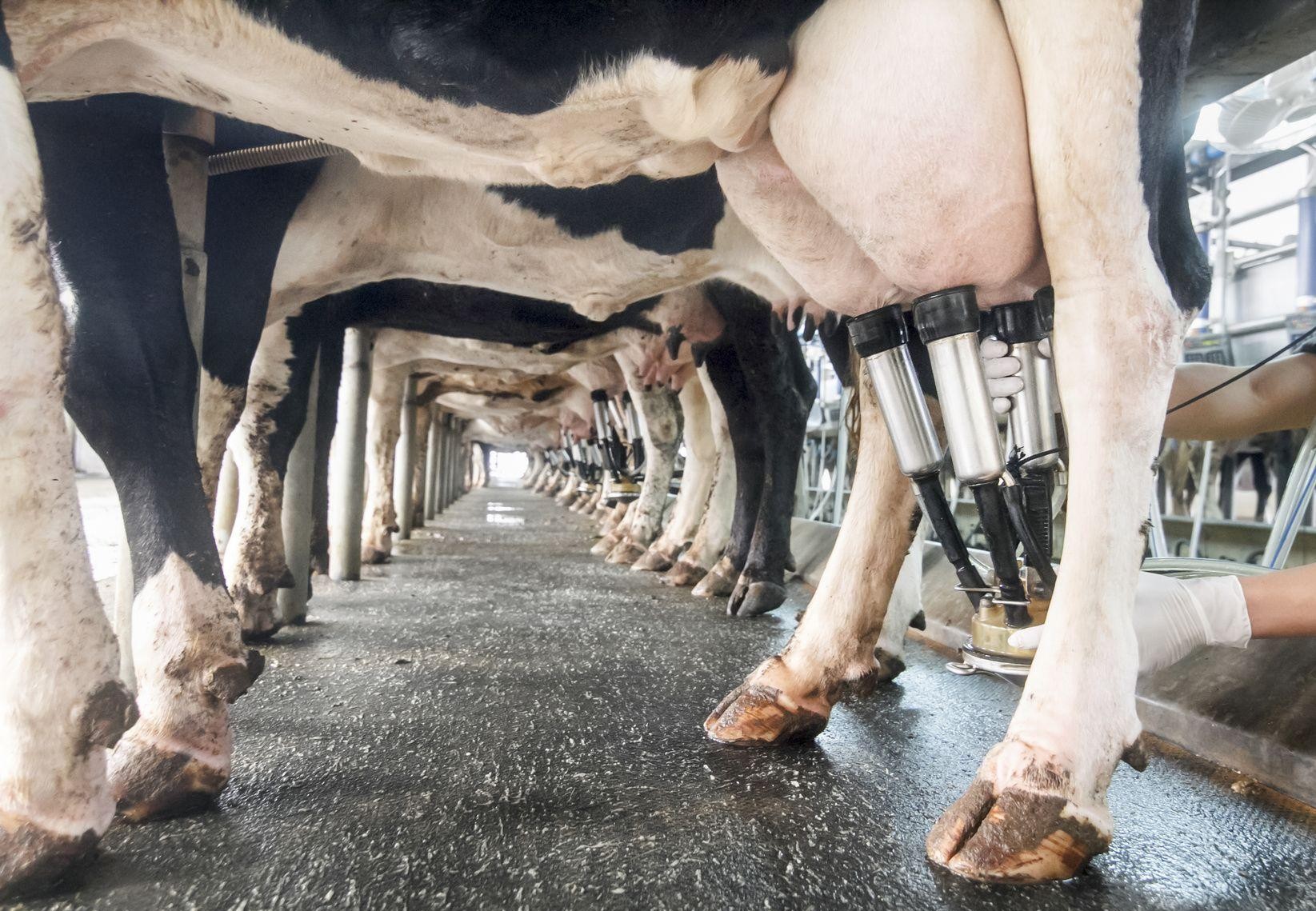
Trading with the UK
Are we compromising on animal welfare to secure new trade deals?
Officially, the UK regained its status as an independent nation at the WTO in February 2020. Since then, it has concluded an Agreement in Principle (AiP) with Australia, is due to announce an AiP with New Zealand in the coming month and has started negotiations with India and the TransPacific Partnership (CPTPP) members which includes Mexico and Canada.
This is busy and exciting times for UK trade, but its the job of FOUR PAWS and other members of the Trade and Animal Welfare Coalition (TAWC) that animal welfare is not compromised as we desperately try to secure new deals.
The UK has over 40 specific animal welfare and health standards set out in legislation and the current Government has a manifesto commitment not to lower such standards in any free trade agreements (FTAs).
The Department of International Trade (DIT) has confirmed that, when undertaking trade deals, any imported product, even under an FTA, would have to meet UK standards that are applicable for such imports, and we support these goals alongside other animal welfare NGOs.
What’s the risk with new trade deals?
As the UK has higher legal animal welfare standards than all the countries that it is negotiating FTAs with, with the exception of New Zealand, and none of these standards, apart from these related to welfare at the time of slaughter, are legally applicable to imports. For example, under World Animal Protection’s Animal Protection Index, Australia has been scored as B for animal welfare, but E for farm standards (the UK scored as B and D respectively).
We believe, along with the public, that believe that UK animal welfare standards should apply to imports, and lower standards products should be prevents so as not to open up our market to cruelly produced products, but also not to undercut British farmers who have invested in higher standards of welfare.
Future deals on the table
We have all heard the concerns about the deal with Australia, and from this handy RSPCA graphic, the sheer difference between their animal welfare standards and our own. But what about the other deals on the table?

https://www.rspca.org.uk/getinvolved/campaign/farmanimals
Our concerns of animal welfare standards in Cananda, and subsequent potential imports will be especially the welfare of beef cattle and pigs that we are likely to import, as it is reared in a lower standards that our own. Our biggest concerns with a deal with India, will be around their prolific use of barren cages for laying hens, the lack of CCTV in slaughterhouses and absence of any journey times restrictions for live transport – issues all very important to British citizens. As for Mexico, we are especially concerned that according to World Animal Protections Animal Health Index, there is no species-specific legislation for pigs, laying hens, broiler chicken or dairy cattle, and as the 4th biggest exporter of eggs around the world, is it possible that we see lower welfare eggs on our supermarket shelves?
What is the solution? The UK needs to agree some core animal welfare standards.
The Trade and Agriculture Commission (TAC), the expert body set up by DIT to provide impartial advice on trade negotiations, published its report in March 2021. It set out some important recommendations on how a country like the UK can safeguard its standards of production, including a recommendation to develop a set of core standards, notably on animal welfare, that should be advanced through trade negotiations. These core standards would reflect the UK’s own production standards. They would be developed independently by the UK government in consultation with farmers and food businesses, NGOs and civil society organisations, and the wider public. TAWC would ensure that we fed into the development of these standards.

